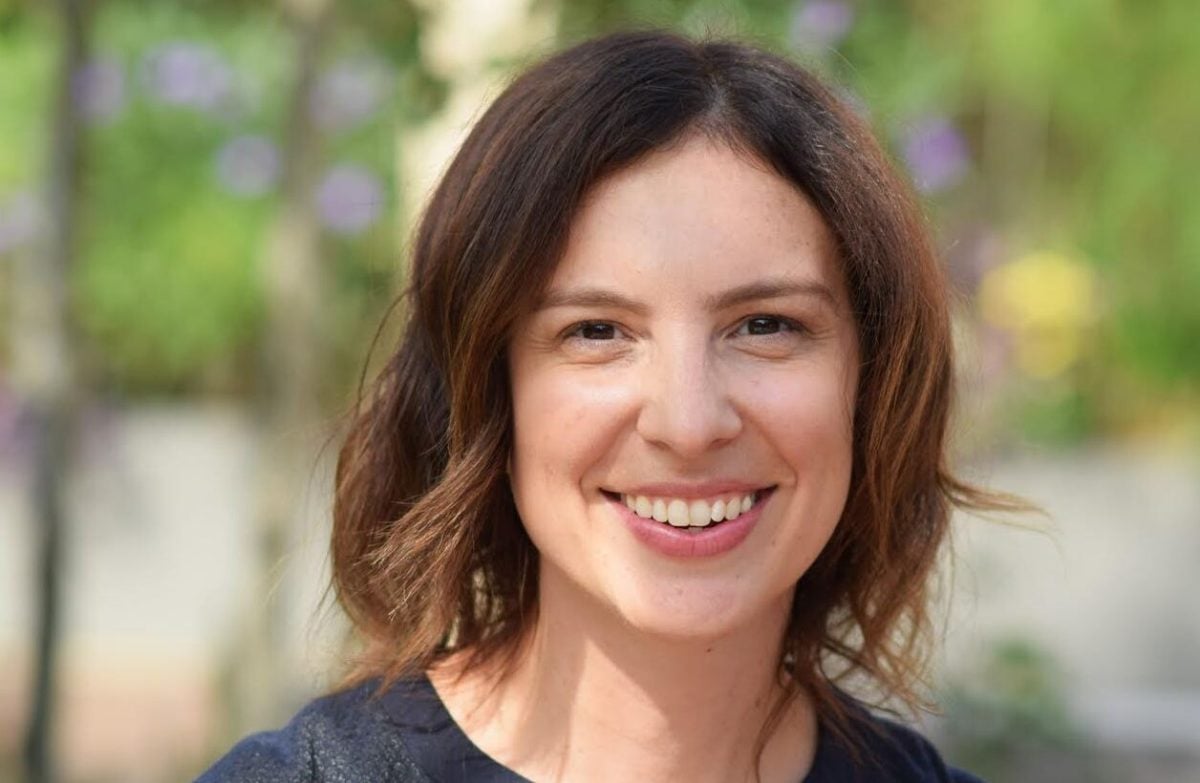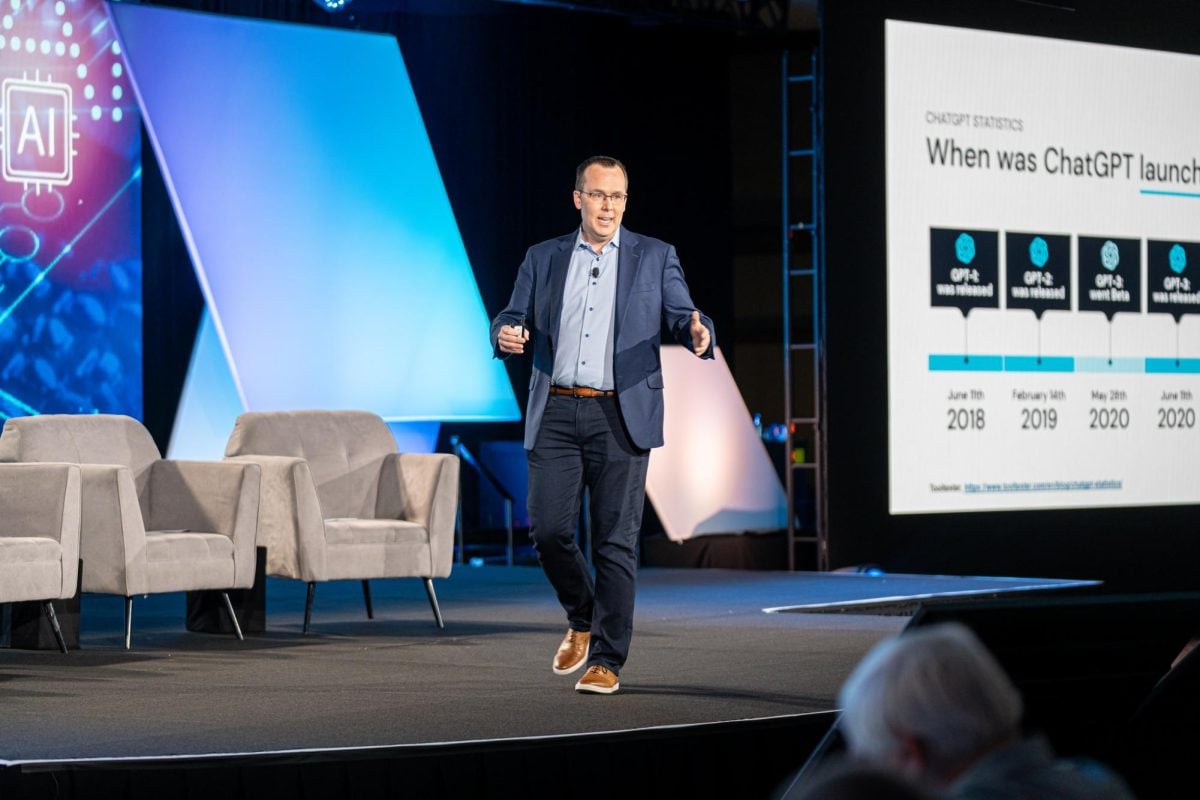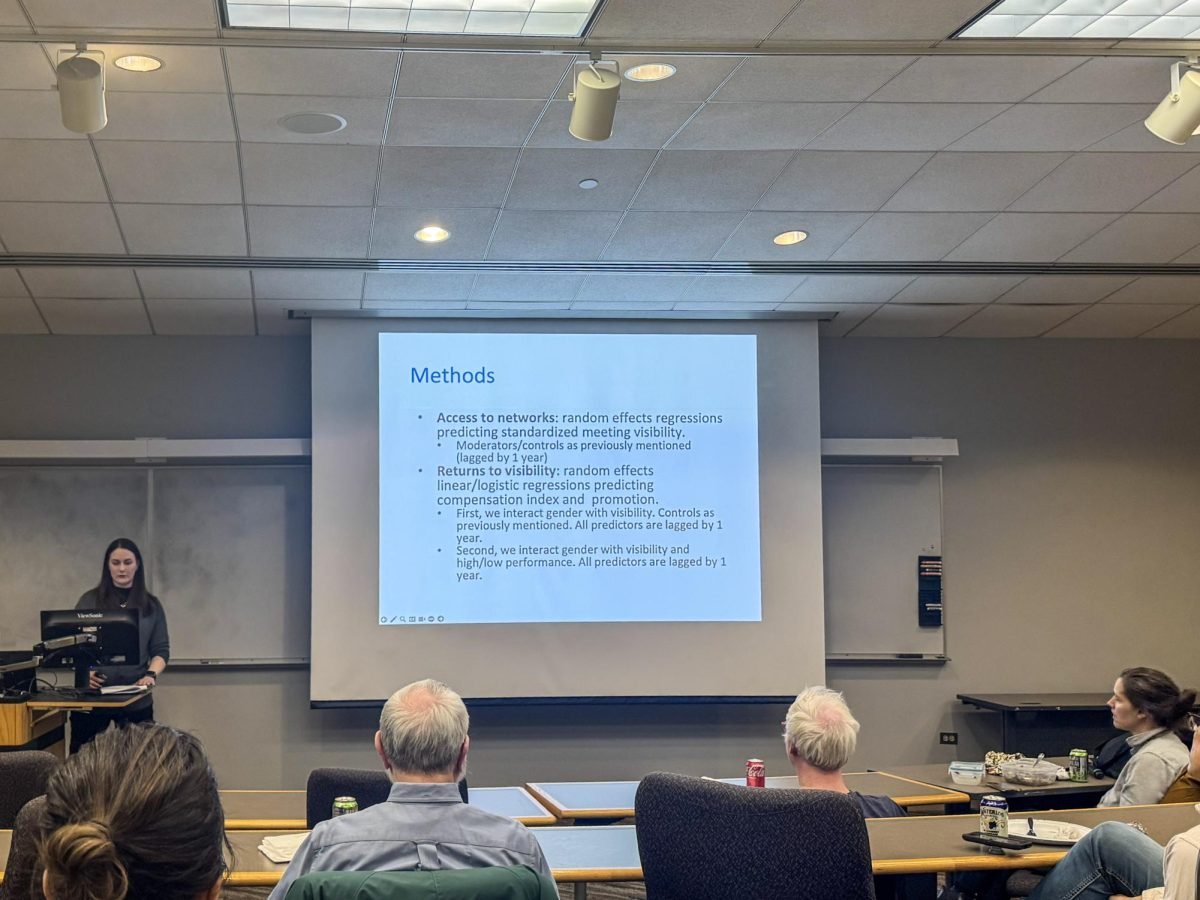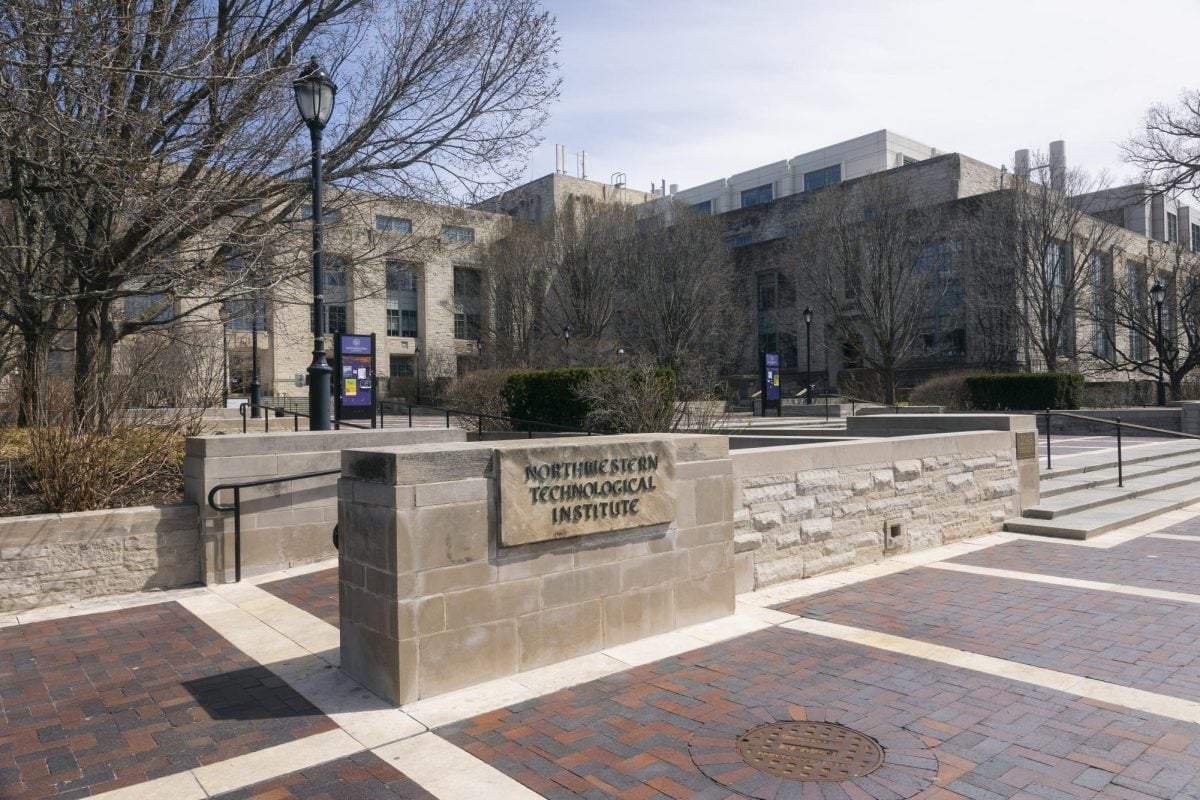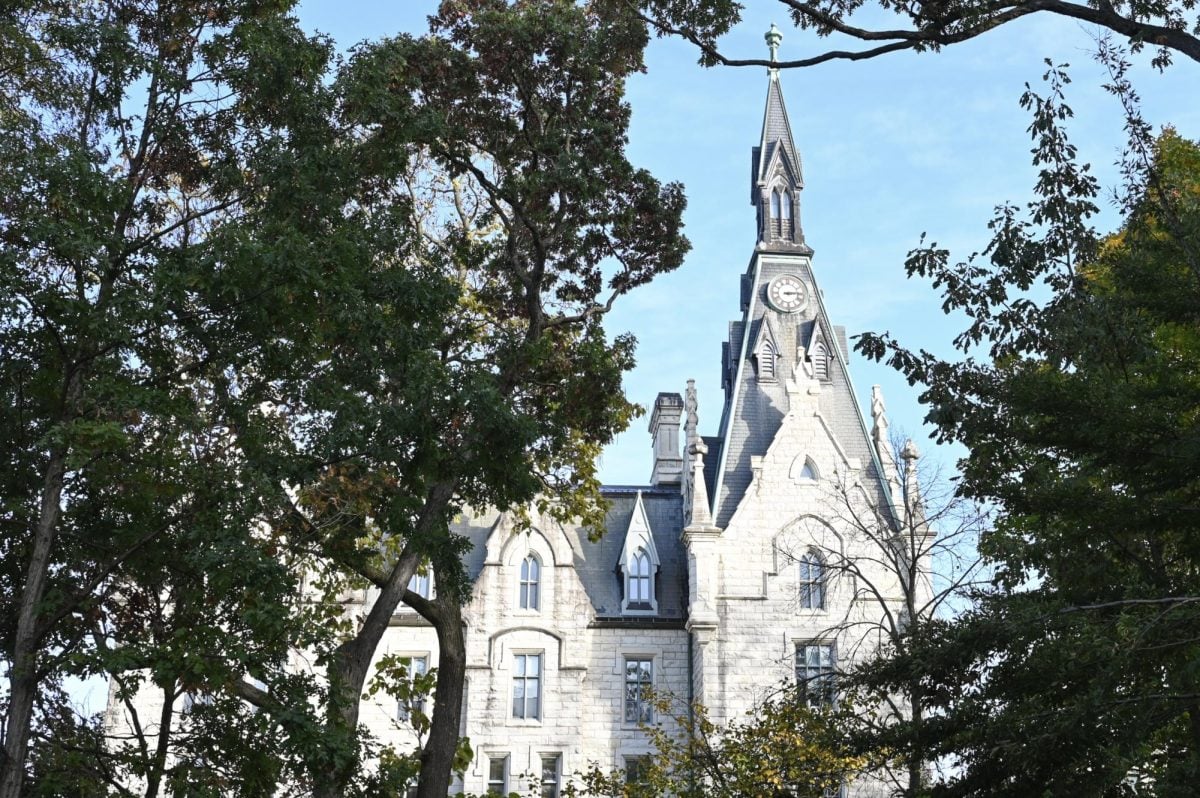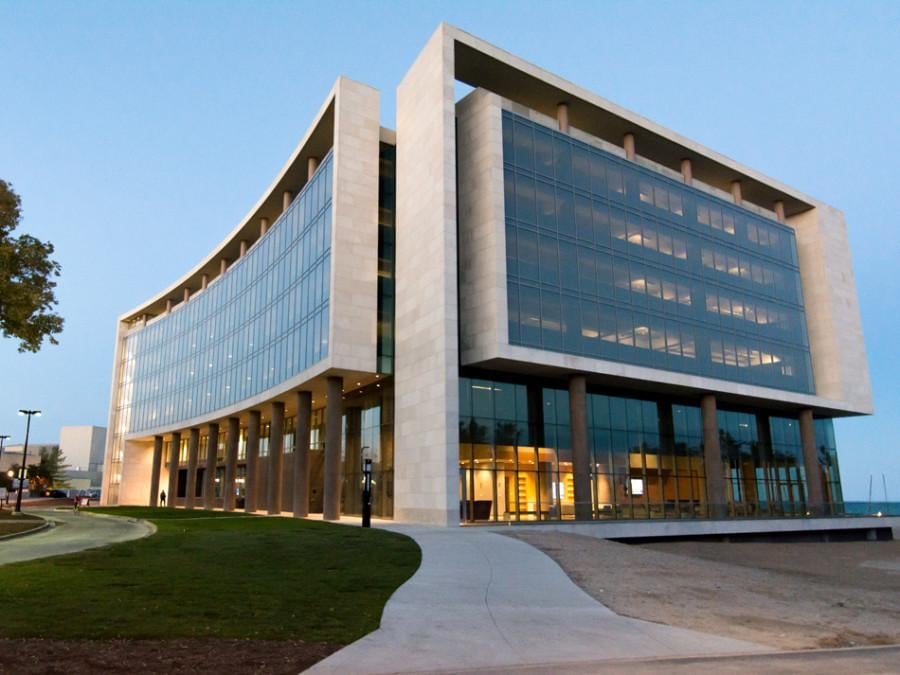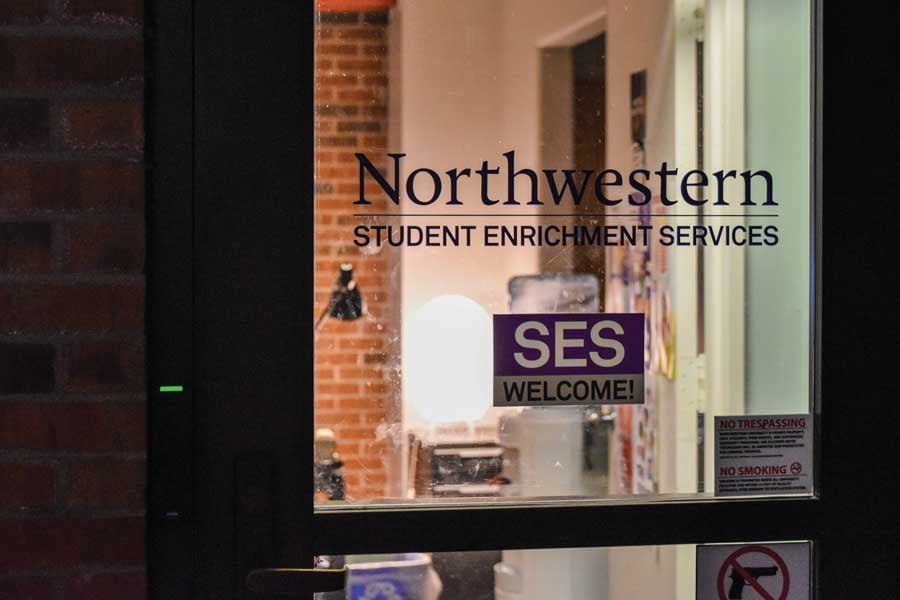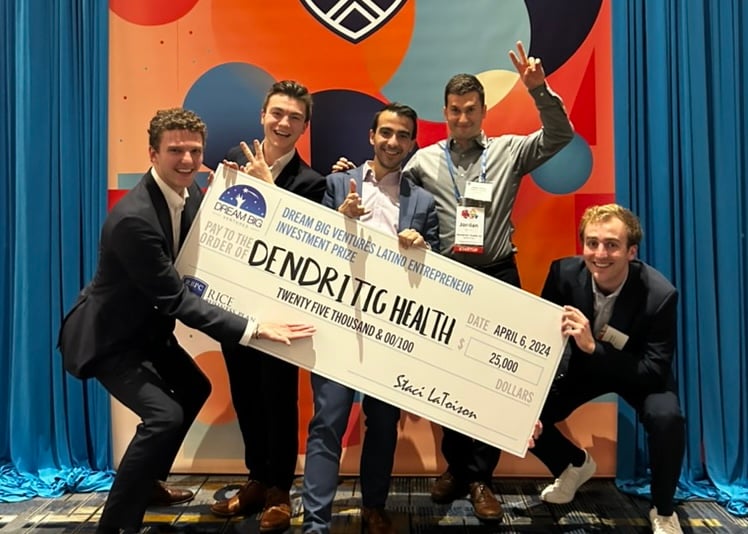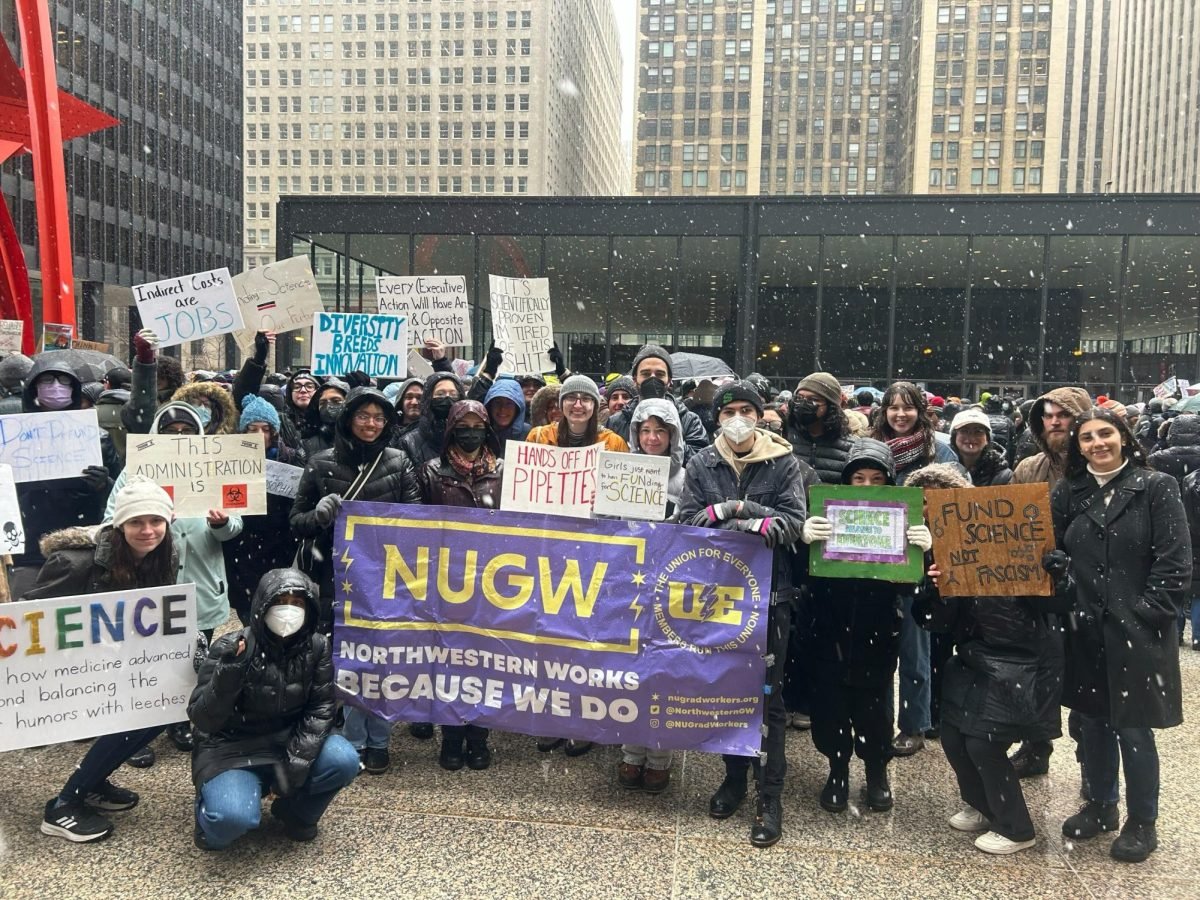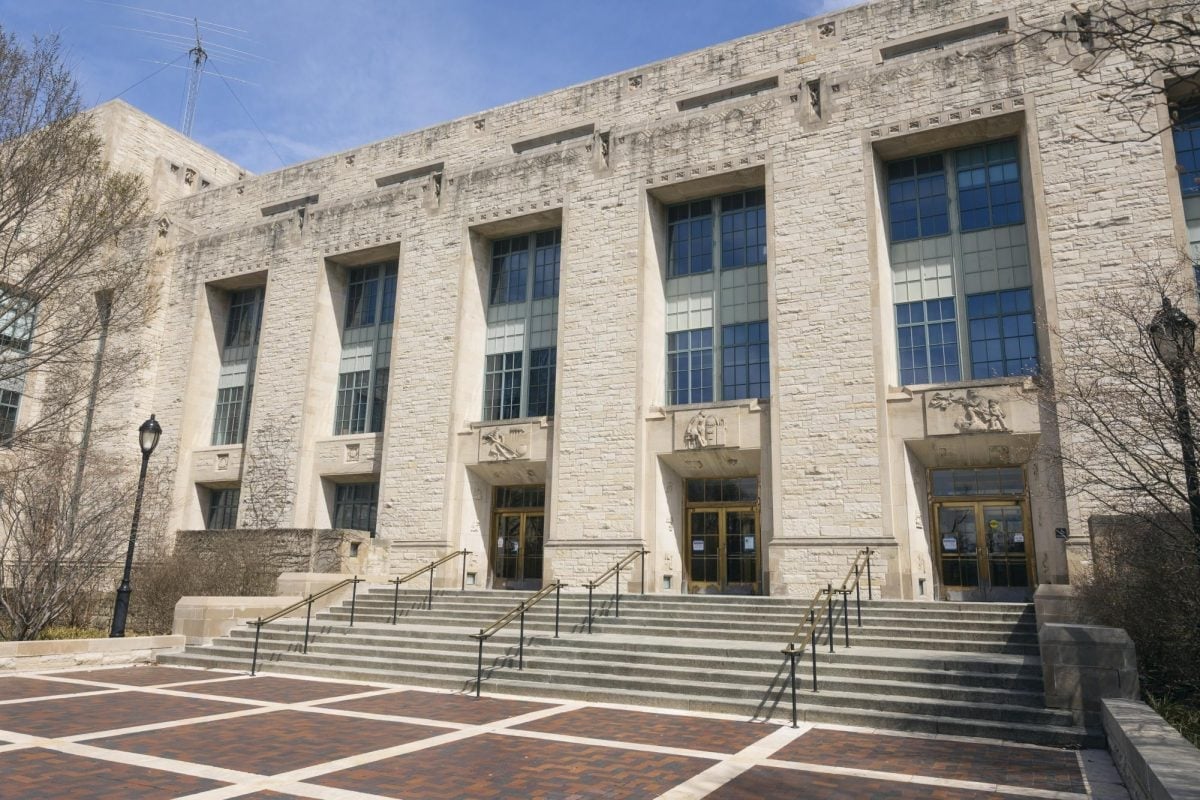The NU Bioscientist program is now operating under a new director but continues to run as part of an effort to revamp Northwestern’s biology department.
Molecular sciences Prof. Greg Beitel took over as head of the second-year program after former director Linda Hicke left NU to be dean of the College of Natural Sciences at the University of Texas in Austin. NU Bioscientist is part of Northwestern University Ventures in Biology Education, a project funded by a grant from the Howard Hughes Medical Institute that was awarded in 2010 to improve NU’s biology department. The program provides research opportunities for freshmen.
Beitel said very few freshmen were doing research at NU before the program started.
“There were less than 10 undergraduate research awards awarded to freshmen (in previous years),” he said. “This year we had 30 freshmen doing research, so we dramatically increased the number. We’re very excited about that.”
Beitel said the transition into his role as director has been smooth and he does not plan to change the program from last year.
“My impression was that it worked pretty well,” he said. “I haven’t seen a reason to change anything yet.”
NU Bioscientist accepts 30 incoming freshmen each year. Most of the students are pre-med or biology majors, said biological sciences Prof. Christina Russin, who teaches one of the classes in the program.
The freshmen take seminar classes during Fall Quarter and Winter Quarter, where they learn basic lab skills and techniques for writing grant proposals. They find labs to work in and write their own proposals to obtain funding. In the summer, they conduct their own research.
“When they are ready to do research in the summer, they can kind of hit the ground running,” Russin said.
Weinberg freshman Danika Anderson, who is in NU Bioscientist this year, said the program has been practically helpful so far.
“It’s really nice having someone tell you how to make connections and how to get into a lab,” she said.
The students who participated in the program last year conducted research on a wide range of topics, including synthetic chemistry, detection of cancer cells, genetic medicine, communication sciences and gastroenterology.
The program has organized two events in the past two weeks for last year’s students to share their findings with each other and with the students this year.
“We definitely want to keep those students in touch with each other,” Beitel said. “They’ve established a community and we’d like to help foster that.”
The grant money will fund the program for another two years, he said. After that, Northwestern will have to start funding the program or Beitel will have to secure another grant.
Russin said she is optimistic the program will continue to run after the money from the Howard Hughes Institute grant runs out.
“The idea is that this program will continue forever,” she said.


